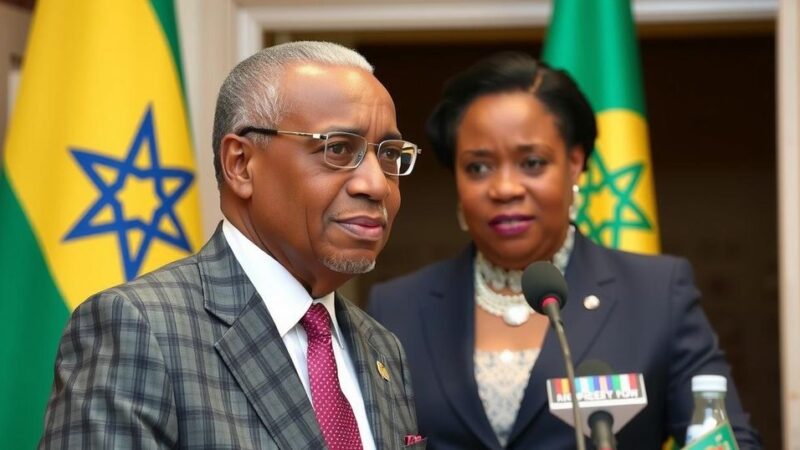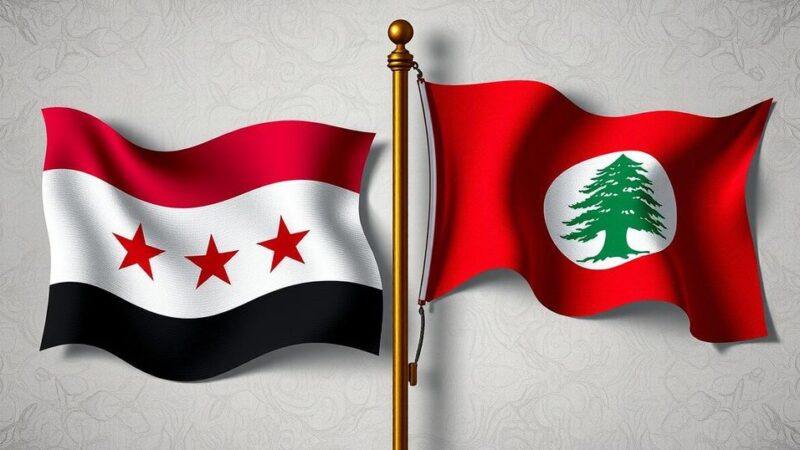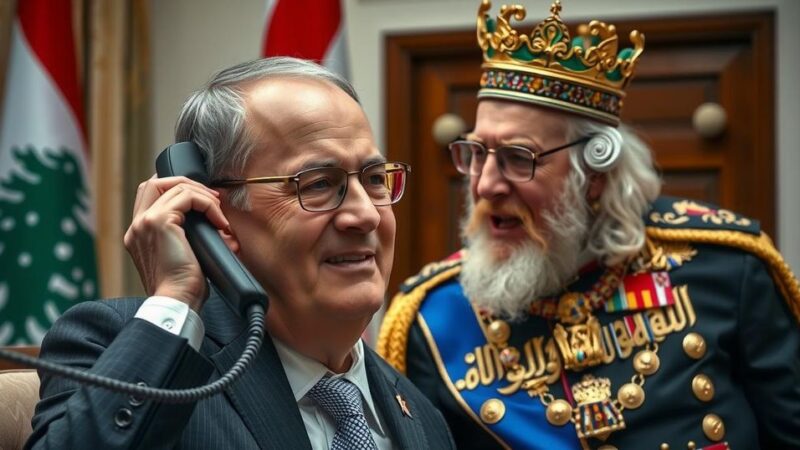Lebanon is at a critical juncture following the election of Joseph Aoun as president. The weakening of Hezbollah and Iranian forces may allow for political reforms and stability. Aoun must navigate the complex political landscape, convincing Hezbollah to disarm while fostering relations with Arab nations. His administration is tasked with addressing Lebanon’s socio-economic difficulties and reorganizing its governance in the face of competing political factions.
Lebanon is poised to seize an opportunity for renewal as regional powers weaken, particularly Hezbollah, Syria, and Iran. Historically, Lebanon’s stability has hinged on a precarious balance of internal and external factors, including the dynamics of internal communities, the Arab power balance, and international influences. The recent election of Joseph Aoun as president raises questions regarding his capacity to navigate complex political waters and usher in reform versus merely acting as a caretaker for entrenched political elites.
The election marks a significant moment amid the decline of Hezbollah and Iranian influence, following their military setbacks and the challenges faced by the Assad regime in Syria. This weakening has opened the door for a consensus-driven political climate, potentially allowing for the selection of a president who has the confidence of the international community. Aoun’s administration must address pressing socio-economic issues, while reconciling an intrinsic political structure that has historically legitimized militant influence.
Under Aoun’s leadership, a key challenge will be persuading Hezbollah to decommission its military capabilities. The shift away from the formula of “people, army, and resistance,” which has long dominated Lebanese politics, is essential for authentic progress. Observers note that if Hezbollah recognizes Aoun’s ascent without imposing its agenda, it suggests a diminishing grip on Lebanese political processes.
Political disputes are anticipated as Aoun’s government is formed, with competing factions aiming to reshape Lebanon’s governance structure. The legacy of a corrupt political elite, influenced by Syrian and Iranian patronage, continues to obstruct recovery and growth. Recent trends indicate that the new administration must exhibit commitment to a policy of neutrality and improved relations with regional partners to foster economic renewal.
In his inaugural address, Aoun pledged to restore state authority and asserted that a functional authority must exercise a monopoly on the use of force. The next steps regarding government composition and key appointments will effectively signal whether Lebanon can break free from sectarian divides or whether existing patterns and corrupt practices will persist. Should Aoun successfully implement the necessary reforms and restore Lebanon’s international standing, it could pave the way for stability and prosperity, especially in light of untapped economic resources in the region.
The article discusses Lebanon’s precarious political landscape influenced by the weakening of Hezbollah and Iranian forces, as well as the fall of the Assad regime in Syria. Historical perspectives on Lebanese stability highlight the importance of domestic political factions and external pressures. It emphasizes the significance of Joseph Aoun’s election and the potential for reform amid a landscape marked by long-standing corruption and sectarian conflict.
In conclusion, Lebanon finds itself at a pivotal moment with the election of Joseph Aoun, who embodies both the challenges and opportunities before the nation. The weakening of Iranian influence and Hezbollah’s military capacity presents a chance for the country to redefine its political structure. Aoun’s ability to consolidate power and enforce a state monopoly on arms will be crucial in determining Lebanon’s path towards stability and recovery, especially against the backdrop of significant socio-economic challenges.
Original Source: www.arabnews.com






